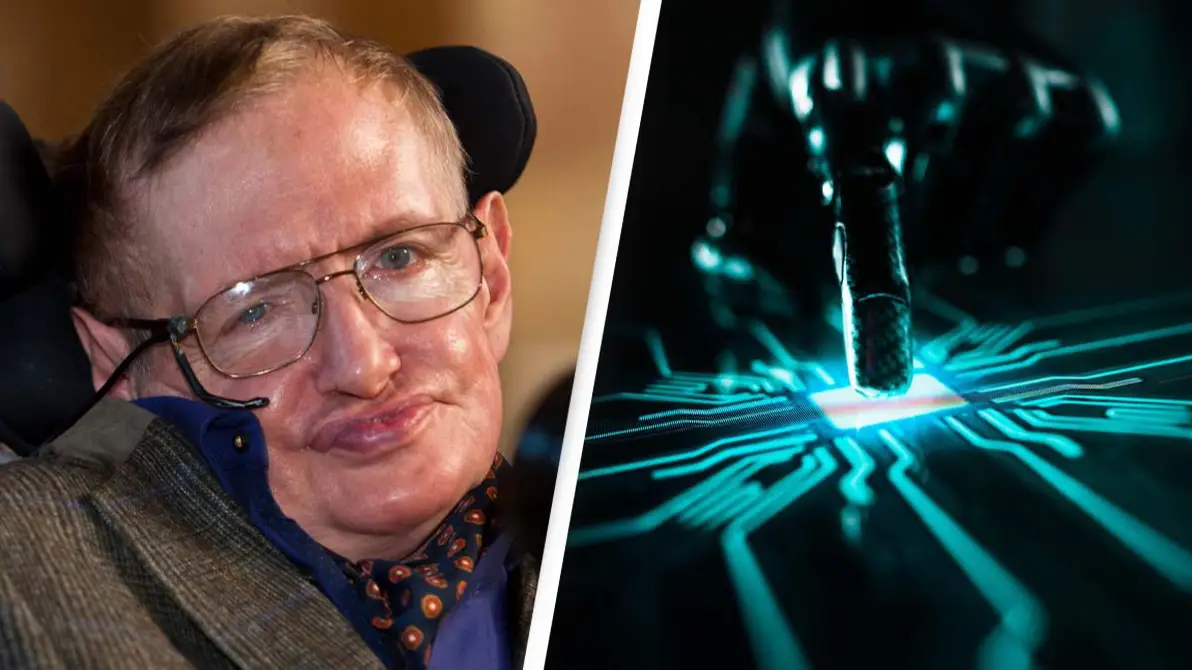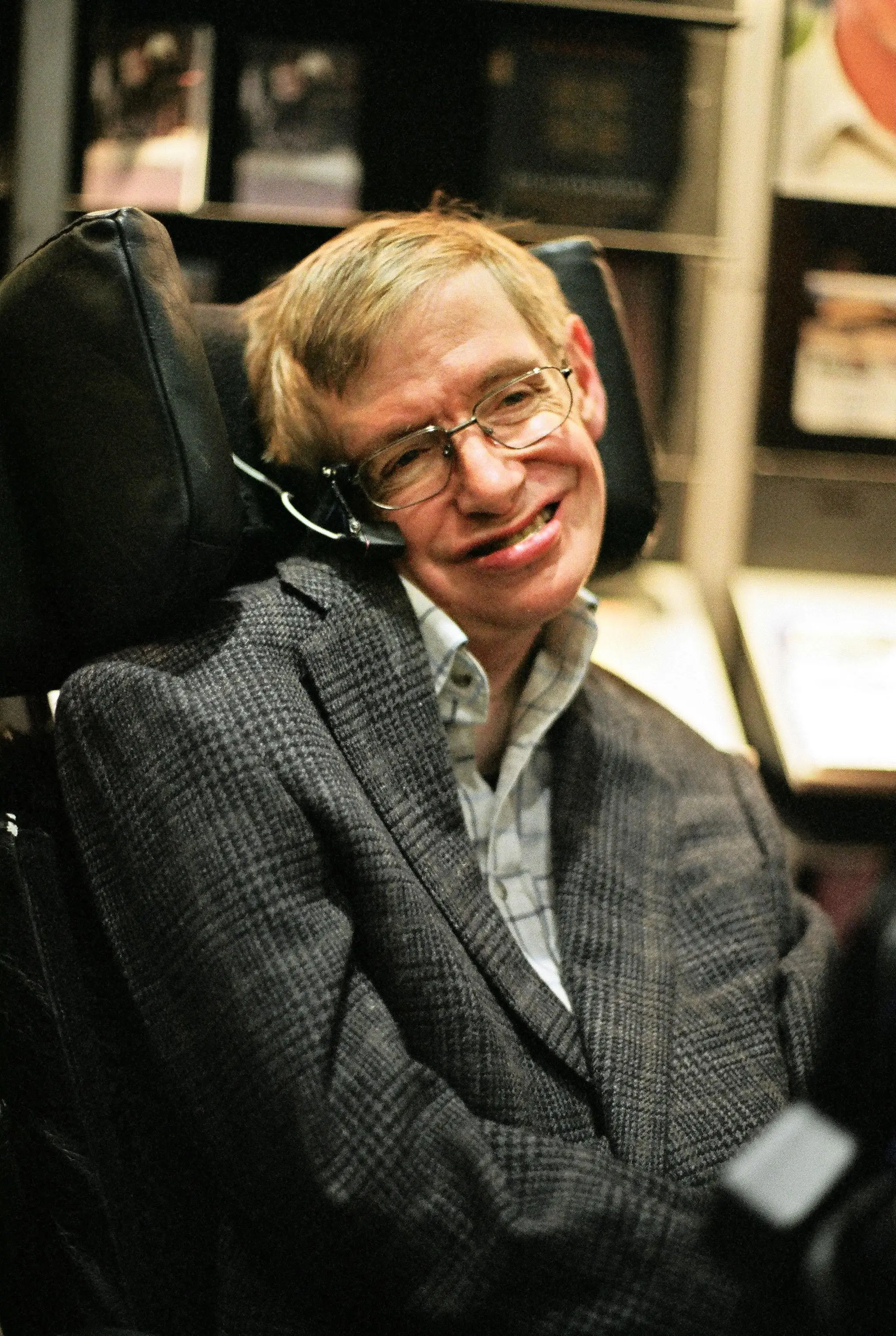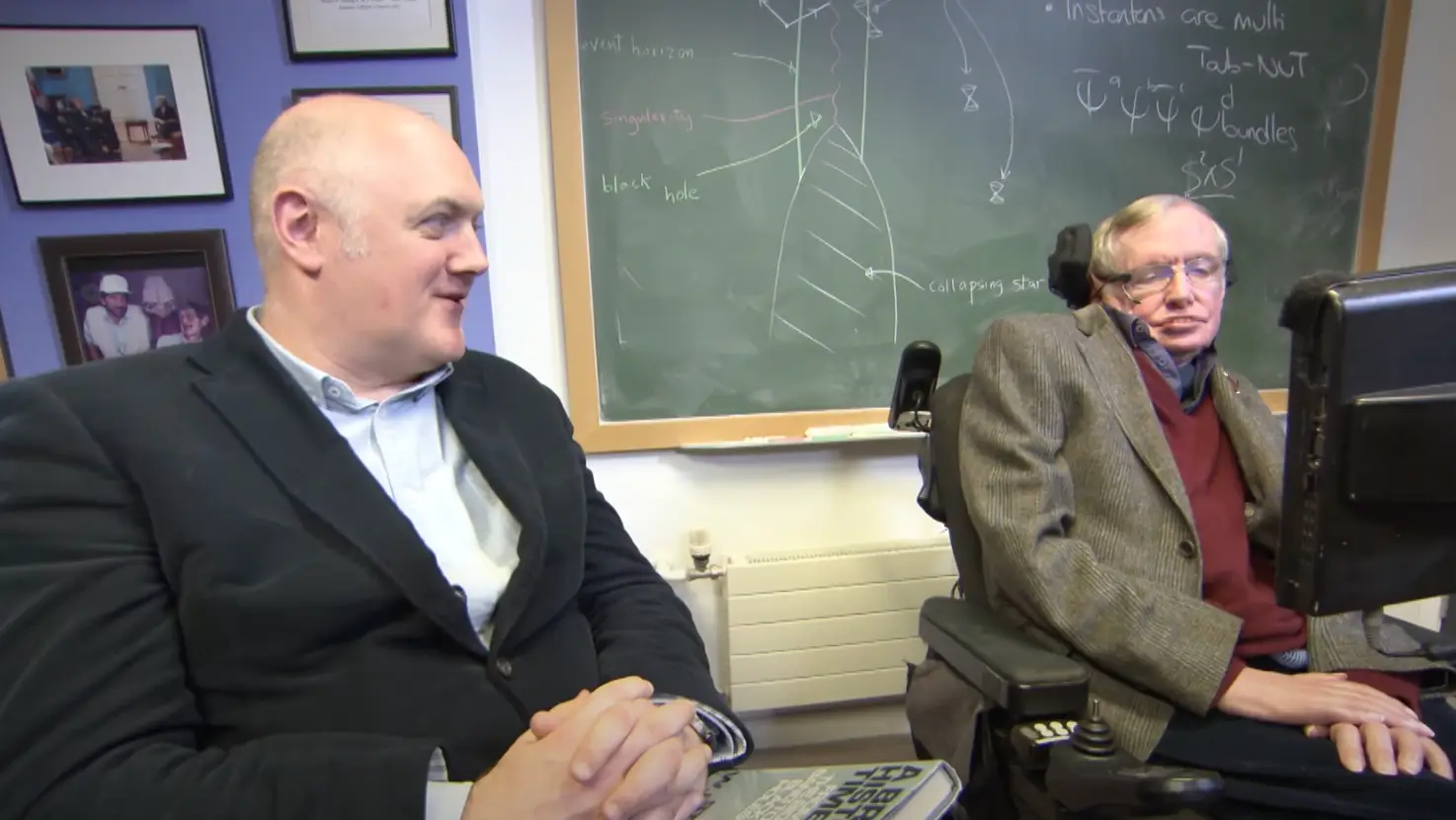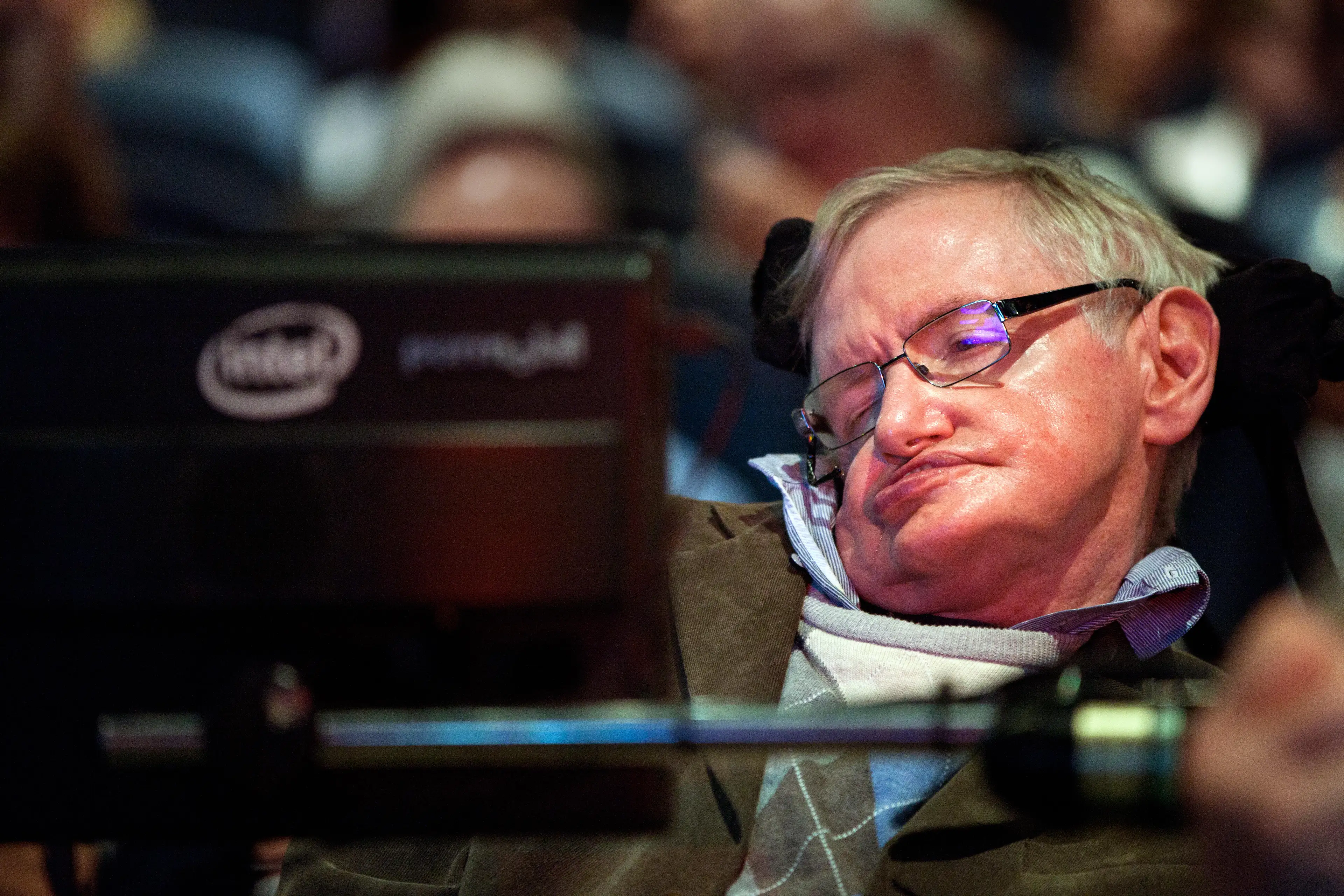
Before he passed away in 2018, Stephen Hawking was widely regarded as one of the smartest minds in the world.
So it's a wonder why we didn't take him seriously when he warned that artificial intelligence could spell the 'end of the human race.'
Slowly but surely, artificial intelligence, or AI, is starting to seep its way into our everyday lives - whether it's for good or evil.
Advert
Back in March, over 1,000 tech experts - including Elon Musk, Steve Wozniak, and Professor Stuart Russell - signed an open letter calling for a six-month pause on the development of powerful AI systems that could pose 'profound risks to society and humanity'.
But, long before any of those guys started worrying - and before any of us had heard of ChatGPT - Stephen Hawking warned everyone of the powers of AI.

In an interview with the BBC back in 2014, Hawking, who suffered from amyotrophic lateral sclerosis (ALS), claimed: "The development of full artificial intelligence could spell the end of the human race."
Hawking, who was known for his research on black holes and the structure of our universe, had been asked if he'd be interested in improving the voice technology he relies on with something a little more modern.
In response, the physicist said that creating an AI system that could match, or even beat, human intelligence was a disaster waiting to happen.

"It would take off on its own and re-design itself at an ever-increasing rate," he predicted.
"Humans, who are limited by slow biological evolution, couldn’t compete and would be superseded."
It's an unfortunate thing to hear as AI takes off on a global scale...
Hawking also wrote about the dangers of AI in his book Brief Answers to the Big Questions, released months after his death in 2018.
In it, he gave his thoughts and theories on the questions he was most commonly asked and, surprise, surprise, AI was in there.
"We may face an intelligence explosion that ultimately results in machines whose intelligence exceeds ours by more than ours exceeds that of snails," he wrote in the book.

He noted that, if we wanted to erase what could likely be humanity's 'worst mistake ever', it was essential that computers were trained to match up with human goals and processes.
"It’s tempting to dismiss the notion of highly intelligent machines as mere science fiction, but this would be a mistake — and potentially our worst mistake ever."
Sounds only slightly terrifying...
Topics: Technology, Science